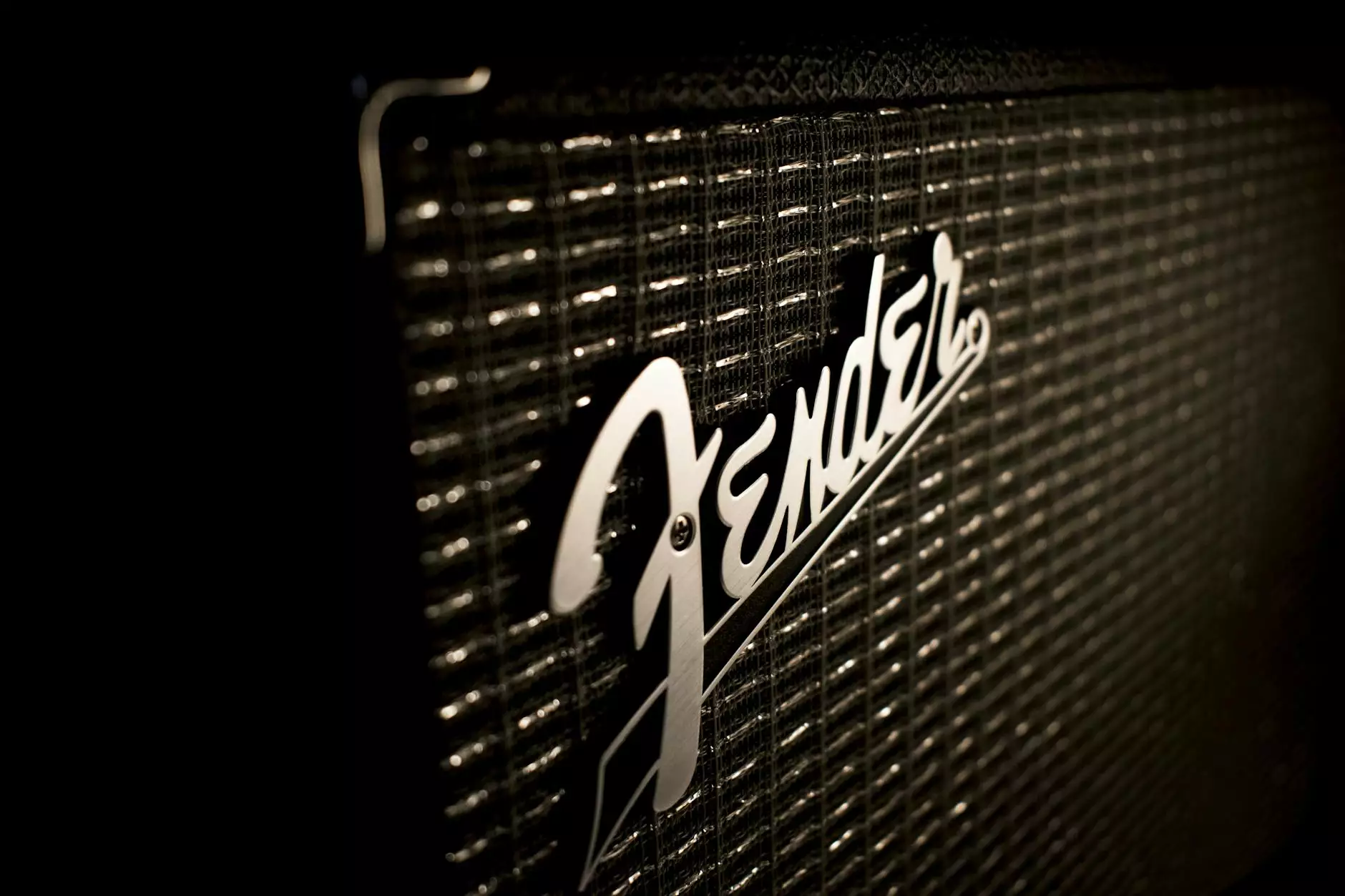House Cleaning Website Tutorial
Website Design
Introduction
Welcome to Stay First Rank SEO's house cleaning website tutorial! In this comprehensive guide, we will walk you through the process of optimizing your house cleaning website to achieve higher search rankings and attract more potential customers.
Why SEO is Important for House Cleaning Businesses
As a house cleaning business, it is essential to establish a strong online presence to stay ahead of the competition. With millions of people using search engines, such as Google, to find local services, it's crucial that your website appears at the top of the search results when potential customers are looking for house cleaning services in your area.
Keyword Research
Before diving into the SEO optimization process, it's crucial to conduct thorough keyword research. Keyword research helps you identify the most relevant and commonly used search terms that potential customers are using in relation to house cleaning services.
Keyword Variation
When performing keyword research, you should consider different variations of search terms that people may use. For example, keywords like "house cleaners," "residential cleaning services," and "home cleaners" all refer to similar services and should be included in your keyword strategy.
Long-Tail Keywords
In addition to targeting broad keywords, it's also beneficial to focus on long-tail keywords. Long-tail keywords are more specific phrases that potential customers may use when searching for specialized house cleaning services. Examples of long-tail keywords include "deep cleaning service in [your city]," "eco-friendly house cleaners," or "move-out cleaning specialists."
On-Page Optimization
Once you have identified your target keywords, it's time to optimize your house cleaning website's on-page elements for better search rankings. Here are some essential on-page optimization tactics:
Title Tags and Meta Descriptions
Every page of your website should have a unique and descriptive title tag that includes your target keyword. The title tag should accurately describe the content of the page and entice users to click.
Your meta description is a brief summary displayed in search engine results pages. It should also include your target keyword and encourage users to visit your website.
Header Tags
Proper use of header tags (H1, H2, H3, etc.) helps search engines understand the structure and hierarchy of your web page content. Your main page heading should always be wrapped in an H1 tag, followed by subheadings in H2 and H3 tags.
Keyword-Optimized Content
To outrank your competition, you need to create high-quality, keyword-optimized content. Your website's main pages and blog posts should contain informative and engaging content that aligns with your target keywords.
When writing content, make sure to naturally incorporate your target keywords without keyword stuffing. Aim for a keyword density of around 1-2% and ensure your content is comprehensive, organized, and easy to read.
Image Optimization
Don't forget to optimize your images as well. Use descriptive alt tags that include relevant keywords to help search engines understand the context of your images. Additionally, compress your images to improve page loading speed, as faster-loading pages tend to rank higher in search results.
Off-Page Optimization
Off-page optimization refers to actions taken outside of your website to improve its search engine rankings. These include:
Link Building
Building high-quality backlinks from reputable websites is still a crucial factor in SEO success. Seek opportunities to collaborate or guest post on industry-related blogs and websites to obtain valuable backlinks that point back to your house cleaning website.
Online Directories and Reviews
Ensure that your business is listed accurately in popular online directories such as Google My Business, Yelp, and Yellow Pages. Encourage satisfied customers to leave positive reviews, as they can greatly boost your website's credibility and search rankings.
Mobile Optimization
In today's mobile-dominated world, optimizing your house cleaning website for mobile devices is crucial. Google prioritizes mobile-friendly websites, so make sure your website is responsive, loads quickly, and offers a user-friendly experience across various devices.
Monitoring and Analytics
To gauge the effectiveness of your SEO efforts, it's important to regularly monitor your website's performance using tools like Google Analytics. Analyze important metrics such as organic traffic, bounce rates, and keyword rankings to identify areas for improvement.
Conclusion
By following this comprehensive house cleaning website tutorial, you will be equipped with the knowledge and strategies to optimize your website for better search rankings. Remember to consistently create valuable content, acquire high-quality backlinks, and provide an exceptional user experience to outrank your competitors and attract more customers to your house cleaning business.










